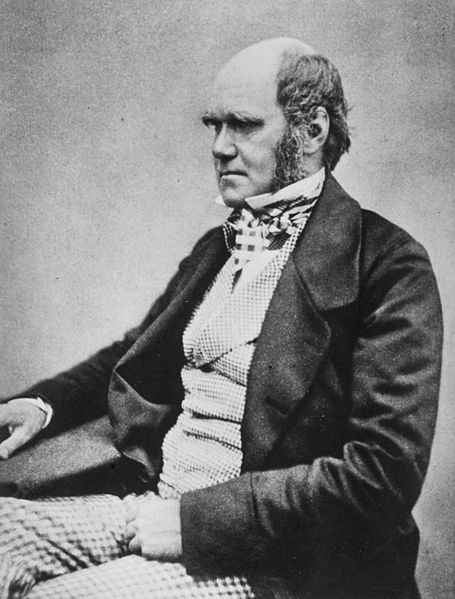“It appears that two wild ducks had been winged and fell on the opposite side of a stream, a retriever tried to bring over both ducks at once, but as she could not succeed, she deliberately killed one and brought over the other, and then returned for the dead bird; and the fact of her killing one was the more remarkable as before she had never been known to ruffle a feather. At first sight this seems a ” case ” of reasoning, till we remind ourselves of the powerful instincts of dogs not to allow the game to escape; and we see at once that it was a remarkable instance of natural instinct prevailing over the influence of the training the dog had received never to ruffle a feather. This view of the case is strongly confirmed by another story, where two partridges were shot, one being killed and the other wounded; the latter ran away and was caught by the retriever, who on her return came across the dead bird. She stopped, evidently greatly puzzled, and after one or two trials, finding she could not take it up without permitting the escape of the winged bird, she considered a moment, then deliberately murdered it by giving it a severe crunch, and afterwards brought away both together. This was the only instance of her ever having wilfully injured any game.” Upon this instance Mr. Darwin remarks: “Here we have reason, though not quite perfect, for the retriever might have brought the wounded bird first and then returned for the dead one, as in the case of the two wild ducks.” And had there been any play of reason we say that is exactly what the retriever would have done. But, as in the former case, strong natural instinct not to allow the bird to escape prevailed over the habit she had of bringing to her master the game uninjured. If such instances as these are the strongest evidences that can be brought to prove the kinship of man to the brutes, we fear that Mr. Darwin will not only fail to gain converts to his theory, but will rather confirm his readers in the belief that there is a fundamental difference between tbe mental powers of man and the lower animals. We should also remember, in considering such cases as the preceding, that instinct alone will enable some of the lower animals to do what man could not do without much thought and reasoning. In fact this is the true distinction between instinct and reason that the lower animals dp what to reasoning man appears marvellous. A dog tracking his prey by the acute sense of smell will far surpass the utmost exertions of human sagacity.”
Darwin on the thinking retriever…
This entry was posted in Uncategorized. Bookmark the permalink.


Mark Derr has used that exact same piece to question some of what happens in retriever trials. He has a really good section on it in Dog’s Best Friend.
I have added Mark Derr to my reading list.
Thanks.